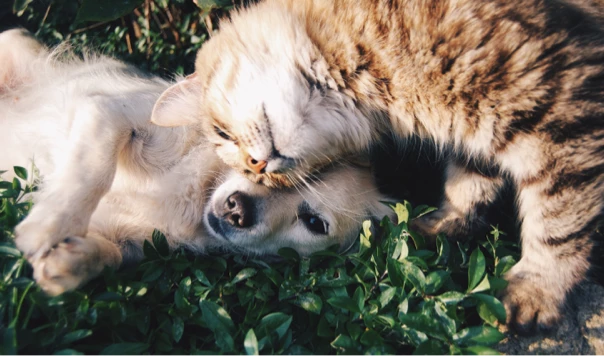In January the Government announced the new Model Tenancy Agreement. Under the agreement, landlords will no longer be able to issue blanket bans on pets. The agreement applies to students as well as general renters. Landlords will now have to allow well-behaved pets in rental properties.
It must be made clear that landlords do not have to accept pets. The model tenancy agreement is only an example of what the Government believes to be best practice.
What is the Purpose of the Model Tenancy Agreement?
The aim is to produce an agreement which strikes a fair balance between the interests of landlords and tenants.
There is no legal requirement to use the Government’s agreement but it can provide good guidance as to what to put in one.
The agreement was designed for those wanting the stability of a longer tenancy, which means it is not necessarily the best document for students as most rent for one year and then change house.
However, the agreement can be easily adapted for shorter tenancies under the Assured Shorthold Tenancy model.
It must be mentioned that the agreement should not be used for shared homes, where tenants are only renting a single room in the house or where there is a live-in landlord.
Is Getting a Pet at Uni a Good Idea?
Just 6% of all student accommodation is pet-friendly. 48% of students would have a pet at university if more ‘pet friendly’ accommodation was available.
Caring for a pet at university can be a nice distraction from the everyday pressures of uni life. However, as any pet charity will tell you, you must always consider whether you have the time and money to have a pet.
All pets are a full-time commitment and there can’t be any slacking when caring for a pet.
When making the decision, the first thought should be about the wellbeing and safety of the pet and your fellow housemates. The amount of time and money varies depending on the type of pet. For example, a fish does not require as much attention as a cat or dog.
The average student house probably isn’t the ideal living environment for larger pets, such as cats and dogs. Many animals do not cope well with a lack of routine and high-stress environments such as a house party.
This is not to say that you shouldn’t get a pet, but pets should never be bought on a whim.
In general, getting a pet is probably best left until after university. According to Phil Greaves, Co-Founder of UniHomes, they “have seen numerous cases where students have left pets for the landlord or agent to deal with once they finished their studies and we wouldn’t advise it for students are keen to live the party lifestyle”.
Also, bear in mind any damage to the property as a result of having pets must be rectified on exit and remember if you are the only one with a pet or the damage was done by your pet then you will be solely responsible for the cost.
The cost to sort out something like a flea infestation or chewed up carpet can run into several hundred if not thousands of pounds.
Final Thoughts
It is unlikely many landlords will adopt this new clause in the New Model Tenancy Agreement.
Many landlords will cite concern for the welfare of the pet as their reason, and to a certain extent this is understandable. Many students will look after their pets responsibly but it is easier for landlords to not deal with pets.
The New Model Tenancy Agreement is geared towards longer tenancies, so it is unclear if the pet’s clause is even meant for student landlords to consider.







Share Your Thoughts. Join The Conversation Below!